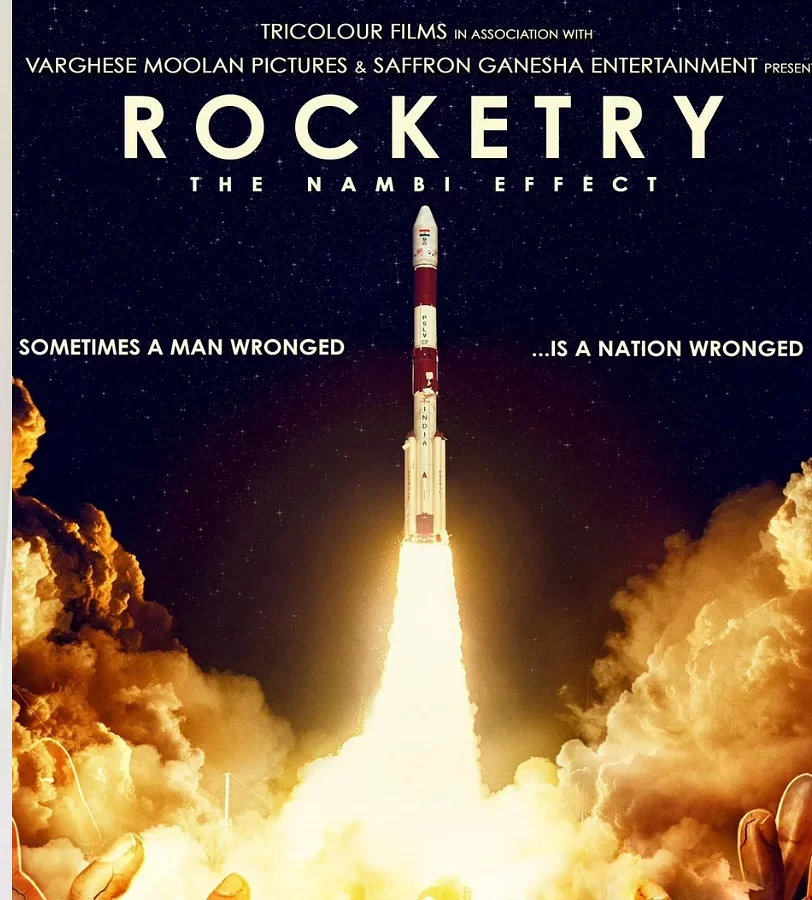Mumbai: College students all across the country enjoy downloading their favorite movies and television shows – and their high-tech campus networks often make this task easier and faster. Unfortunately, this activity is not always done legally.
Under a new law passed today by Congress, institutions of higher education will now be asked to focus more intently on how their networks are being used. Motion Picture Association of America Chairman and CEO Dan Glickman said the passage of the Higher Education Act will help encourage students to use legitimate entertainment sources rather than engage in illegal downloading and file-sharing.
"We work closely with leaders in the higher education community because we both have a stake in ensuring that intellectual property continues to be a strong, vibrant part of our nation’s economy," Glickman said. "Our objective is always to encourage college students and all consumers to find the content they want from the many legitimate options available. By including these important provisions in the Higher Education Act, Congress is sending a strong message that intellectual property is worth protecting. We look forward to working with colleges and universities to raise awareness of the legal alternatives to piracy."
Piracy of entertainment content adversely affects not only the American motion picture industry, but also consumers, the overall US economy and American workers at a cost of 141,000 jobs each year. Because college students have access to powerful campus networks, they have the ability to download and distribute entire movies in a very short period of time.
Universities also pay a price because their high-powered networks, which are often taxpayer funded, become clogged by illegitimate activity when they are meant to facilitate learning and research. The bill contains three main provisions that pertain to copyright theft including a section to layout what disclosures universities must make to students; provisions calling on universities to develop plans to "effectively combat the unauthorized distribution of copyrighted material" including using technology-based deterrents as well as offering alternatives to illegal downloading to the extent practicable; and a new grant program that is designed to further universities’ efforts in this area. It is now headed to the President’s desk for his signature.
The MPAA will soon provide colleges and universities a campus briefing book that will include information on the new law and how to meet the requirements. The materials will also include information on peer-to-peer file sharing, examples of technologies that can be used to detect infringing activity, and a list of Web sites that provide legal content such as movies and television shows.
"The MPAA values its partnership with the higher education community, and looks forward to working together to continue to provide college students, faculty, and the broader public with high quality, legal content," Glickman said.




